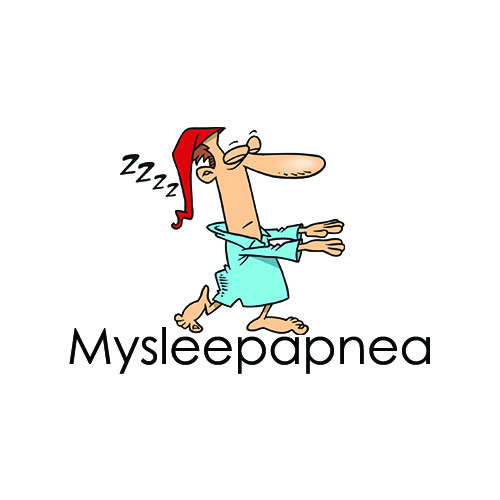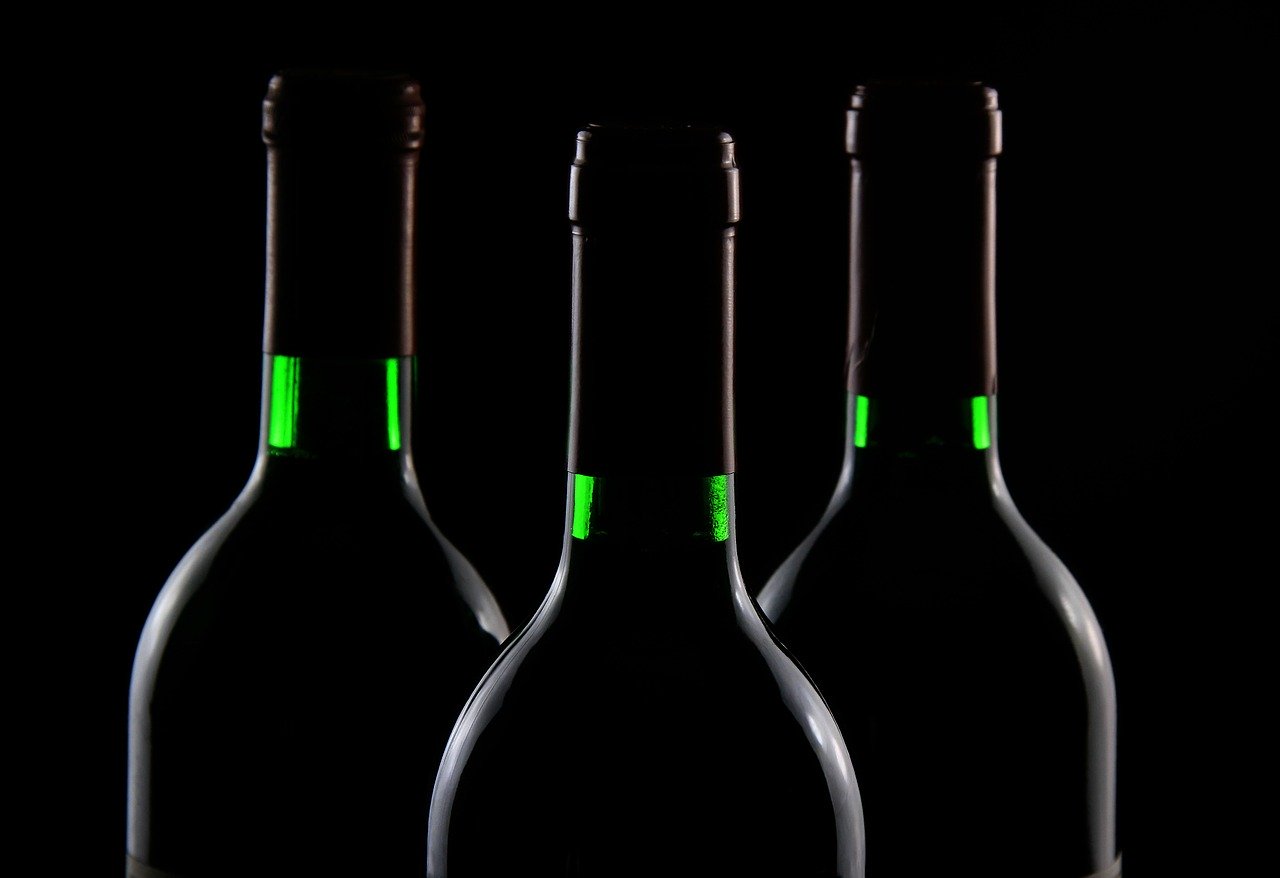Top 5 tips for People Suffering from Sleep Apnea

Crap
During your sleep, you wear a mask (nasal or facial), which is itself connected by a pipe to a turbine. This turbine blows you into the upper airways of pressurized air (5 to 20 mBar). This pressurized air will prevent the airways from closing. Direct consequence: as soon as the machine is well adjusted, you do not do apnea any more. Your sleep becomes recuperator again, and you quickly recover health.
Unfortunately, since the causes of the disease itself are not solved, it is a treatment for life. In case of a stop, the apneas come back immediately.
Who is this treatment prescribed for?
The treatment of continuous positive pressure sleep apnea is taken care of by social security and thus implemented for people who have an index greater than or equal to 30 apneas per hour (ie on average 1 apnea every 2 minutes !). You must go through a qualified doctor (pulmonologist or sleep laboratory) to obtain his prescription, after a diagnostic step. You are then accompanied at home by a service provider who will install the machine in question.
More rarely, it is a treatment that can be prescribed to people who have additional risk factors, from an index of 15 apneas per hour of sleep (and below 30 so).
PPC or CPAP … it’s the same thing. To refer to this treatment in the environment, it is generally referred to as CPP for Continuous Positive Pressure or CPAP, its English equivalent, ie Continuous Positive Airway Pressure.
Surgery
Surgery is another treatment option. It can be as basic as a tonsillectomy or as advanced as breaking the jaw and resetting it or inserting plastic pieces in thepalate to keep it from collapsing. A newer surgical option involves implanting a device that stimulates the nerves controlling the muscles that keep the airway open at night. It is still somewhat experimental but may provide a means for patients refractory to other treatments in the future. Other procedures that could be considered involve lasers or an ultrasound designed to shrink the part of the tongue obstructing the airway.
Physical Activity
Sleep apnea is rooted in a sedentary lifestyle. Balancing your diet can help, but may not be enough to soothe your nights. Take the stairs instead of the elevator, walk rather than ride. Such a daily lifestyle will quickly bear fruit … on well-being in general, and sleep in particular. Those who are not athletic can opt for soft activities such as brisk walking, swimming or water aerobics.
The combined effect of these will have a beneficial impact on your health and quality of life (disappearance of the feeling of tiredness, better mood …), Physical activity is everything that makes youmoves. This can be simple things: take the stairs to the elevators, shopon foot, walk with friends, garden, etc.
Or it could be a training session such as: swimming, dancing, cycling, running

Avoid Alcohol
Taking alcohol at night can seriously disturb the quality of your sleep. Drinking alcohol before going to bed impacts the paradoxical sleep phase, a phase that follows slow sleep and during which brain activity becomes intense again. Your sleep in general will then be less restorative, which can be at the origin of a feeling of tiredness important at the alarm clock and during the day.
As part of a treatment for sleep apnea, it is strongly recommended to adopt a healthy lifestyle, and in particular to avoid (or limit) the intake of alcohol. Alcohol promotes the relaxation of the muscles of the throat and tongue and has the effect of aggravating apnea. A tip, remove any alcoholic drink at least three hours before going to bed.
Eat for better sleep
To promote sleep, it is recommended to consume certain nutrients at the evening meal. Foods rich in tryptophan, zinc, magnesium or foods with a high glycemic index have a very positive effect on the quality of sleep. They allow, among other things, to avoid a deficiency of serotonin which is one of the first cause of a disturbed sleep.
Varied and balanced diet, rich in nutrients, Several nutrients, including iron, zinc, calcium, magnesium and B vitamins, play an important role in the chemical balance of the brain. A deficiency in either of these nutrients can lead to a decline in sleep quality. Above all, if you suffer from insomnia, it is important to have a complete blood test to detect nutrient deficiencies. It is therefore very important to have a varied and balanced diet that covers the body’s nutrient needs. Consult a dietitian can also be useful to ensure the right balance of foods.



